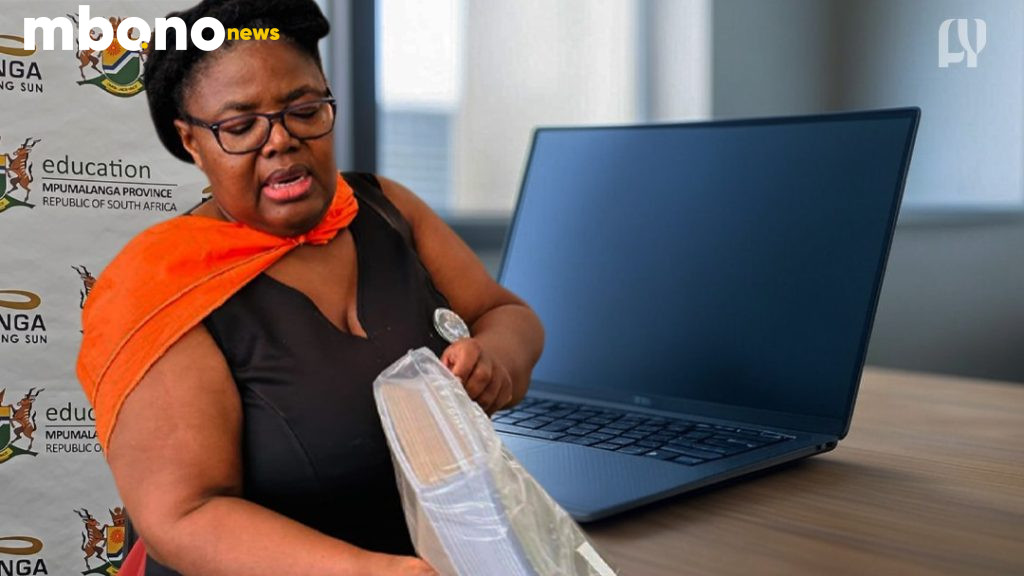Mpumalanga, South Africa — The Mpumalanga Department of Education is in turmoil following the suspension of its Head, Lucy Moyane, over a R2 million laptop procurement scandal that has sparked outrage and demands for accountability.
Premier Mandla Ndlovu confirmed Moyane’s suspension on Thursday as part of a widening forensic investigation into alleged gross misconduct, fraud, and irregular expenditure tied to the purchase of just 22 laptops and a printer — with each laptop priced at a jaw-dropping R91,482.50.
📉 A Breakdown in Governance
The scandal came to light after a whistleblower tip-off in February, prompting a probe launched in April. A preliminary report has already painted a damning picture of non-compliance with procurement legislation, misrepresentation, and possible fraud within the department’s top ranks.
According to investigators, the laptops — deemed substandard for their cost — were approved by senior officials including Moyane, in violation of the Public Finance Management Act (PFMA) and Section 217 of the Constitution, which requires fairness, transparency, and cost-effectiveness in public procurement.
🔍 Supplier Under the Microscope
The supplier, BoTau Technologies, is now under scrutiny for possible blacklisting and financial recovery. Investigators are probing whether the company colluded with departmental officials to inflate prices and bypass standard procurement channels.
Premier Ndlovu has not minced words, recommending disciplinary action against Moyane and seven other implicated officials, and confirming that criminal charges for collusion and corruption are under consideration.
“This kind of conduct cannot go unpunished,” said Ndlovu. “It betrays the public’s trust and diverts vital resources from learners and teachers who need them most.”
🗓️ What’s Next?
A final forensic report is expected by June 30, 2025, and could determine whether criminal prosecutions proceed and whether BoTau Technologies is formally blacklisted from doing further business with the state.
Meanwhile, calls are growing for broader reform in public procurement oversight, especially in sectors like education where resources are already stretched thin.
